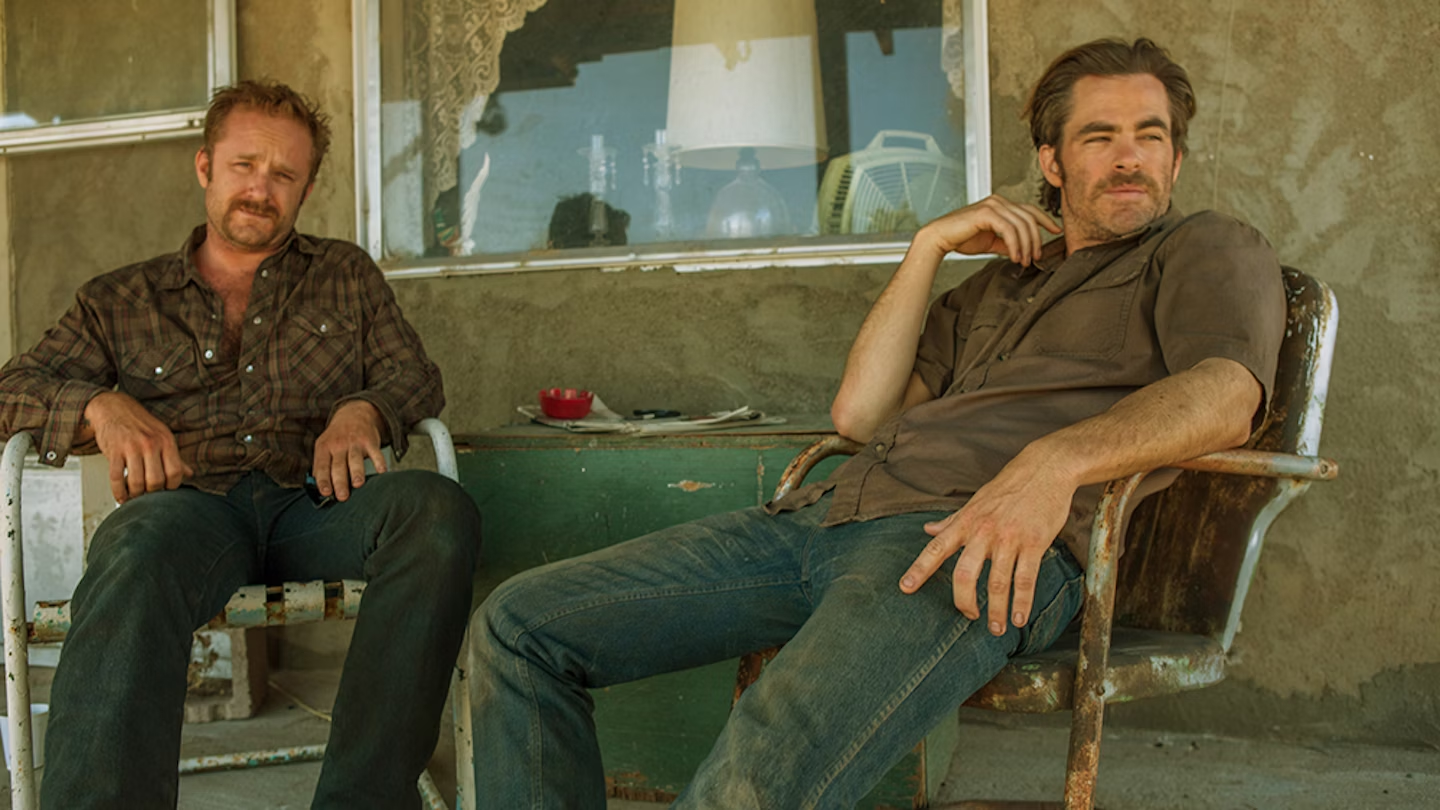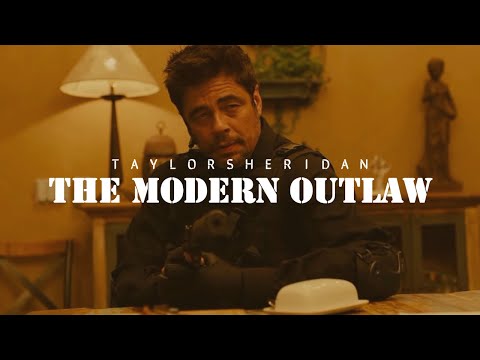Taylor Sheridan, the creative genius behind hits like “Sicario” and the “Yellowstone” franchise, has always been adept at crafting raw, intense narratives that resonate deeply with audiences. His 2016 film “Hell or High Water” (HoHW) serves as a prime example, showcasing not only his storytelling prowess but also his personal connection to the narrative.
Originally conceived as a buddy road film, “Hell or High Water” evolved into a neo-Western crime drama, a transformation that Sheridan describes as a “happy accident.” Set against the backdrop of rural west Texas, the film naturally took on a Western vibe, capturing the essence of the old west in a modern setting.
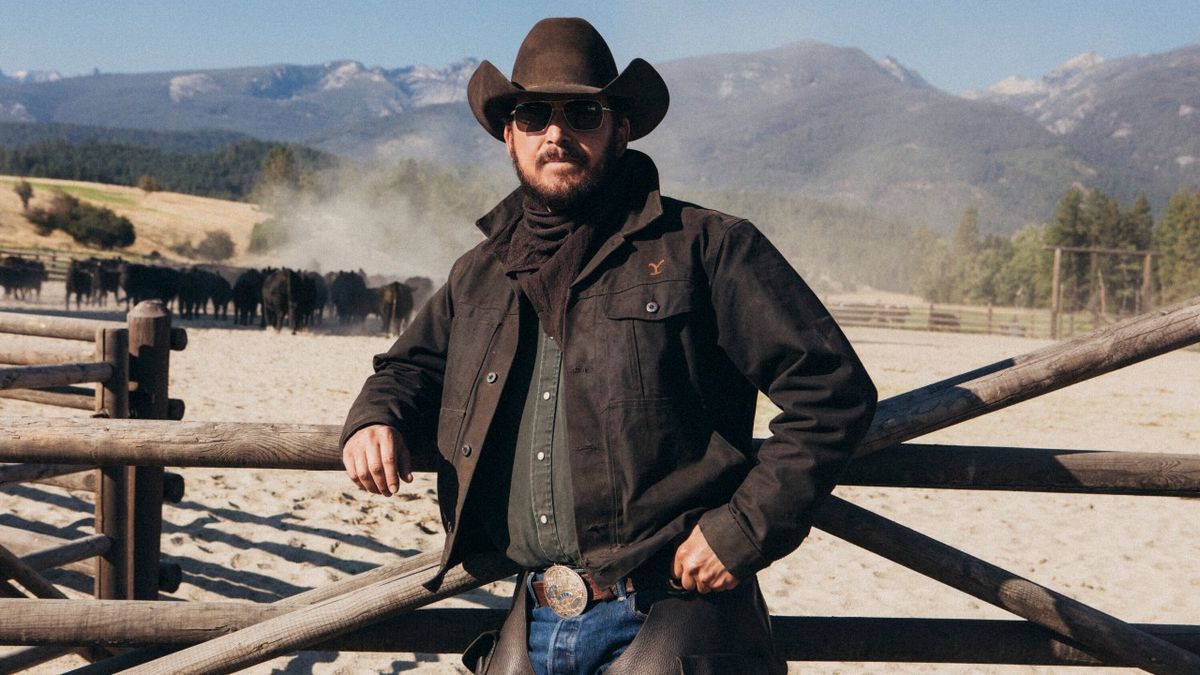
It takes place in rural west Texas. People in Texas wear cowboy hats, they’re good at keeping the sun off your neck and face. You set something in modern-day Texas, which is so identifiable as the old west, and everyone’s wearing guns, so it looks like it’s going to be by default partially considered a western.
A Personal Tale Woven Into Cinema
While “Hell or High Water” is not autobiographical, it holds a special place in Sheridan’s heart. The film reflects the region he hails from and pays homage to members of his family, making it deeply personal on a specific level.
It’s about the region where I’m from and members of my family, so it’s about something rooted in truth for me. It’s personal in a very specific way.
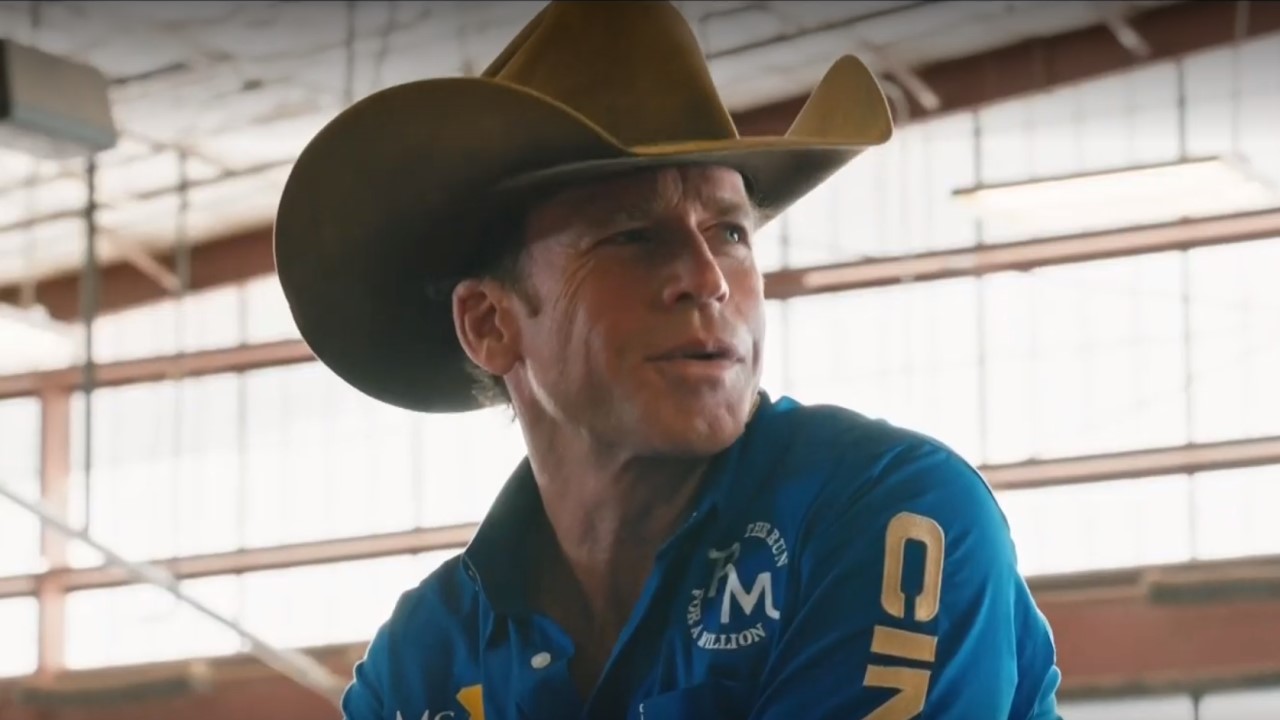
This connection adds a layer of authenticity and emotional depth to the film, distinguishing it from typical crime dramas. Starring Chris Pine and Ben Foster, the film premiered at the 2016 Cannes Film Festival and quickly garnered critical acclaim. It not only earned four Oscar nominations but also made The American Film Institute’s list of the ten best movies of the year.
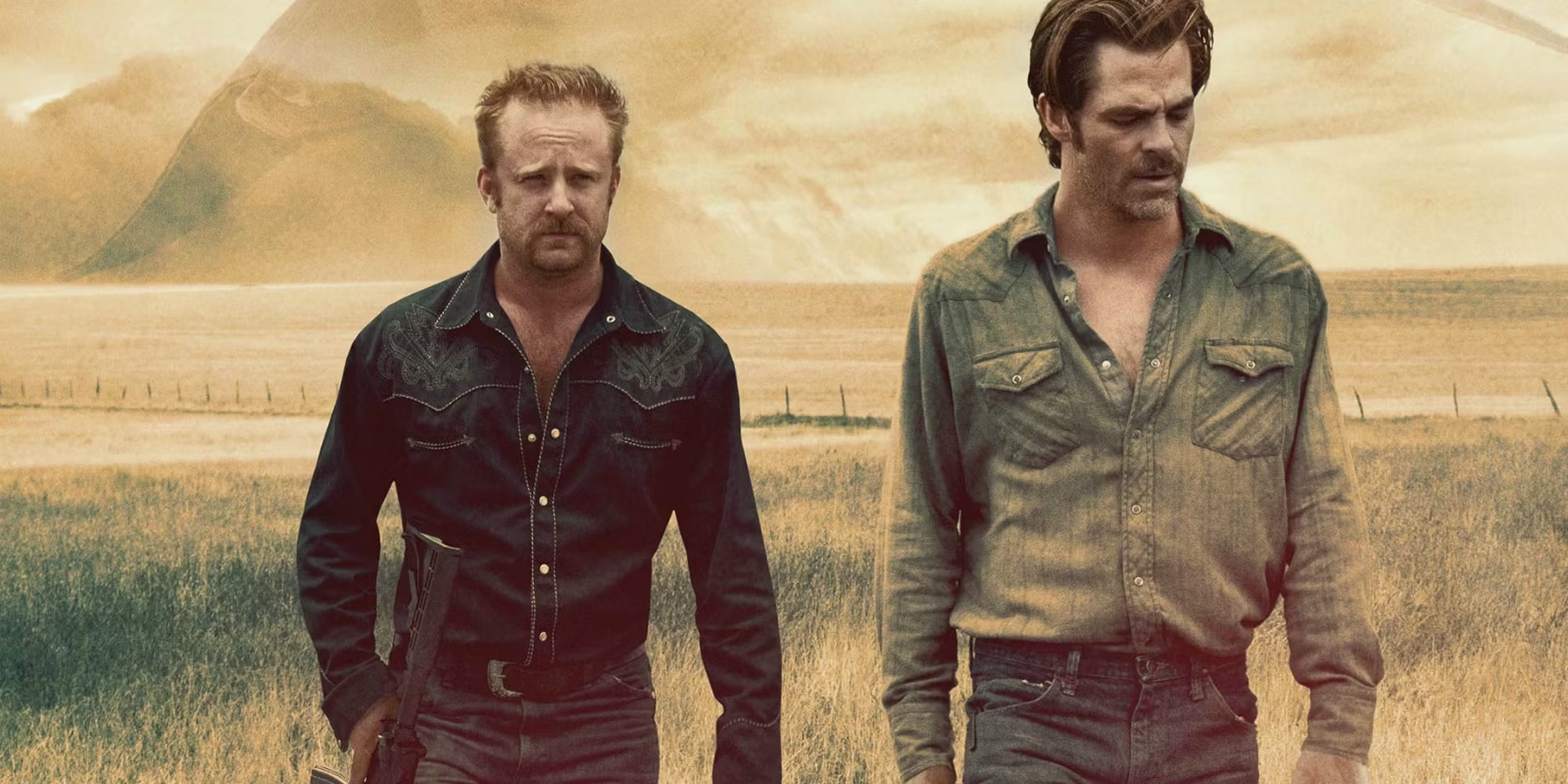
The Accidental Western That Captured Hearts
“Hell or High Water” began as a narrative about two brothers embarking on a series of bank robberies to save their family ranch. However, it blossomed into something greater—a reflection of the contemporary Western lifestyle meshed with the dramatic flair of a heist thriller. This blend of genres resonated with audiences and critics alike, earning the film a remarkable 97% on Rotten Tomatoes.
The film’s success at the box office, grossing $37 million worldwide against a $12 million budget, and its lasting impact on viewers, further exemplify Sheridan’s skill as a storyteller. Richard Roeper of the Chicago Sun Times encapsulated the sentiment perfectly: the moment it was over was the moment I wanted to see it again.
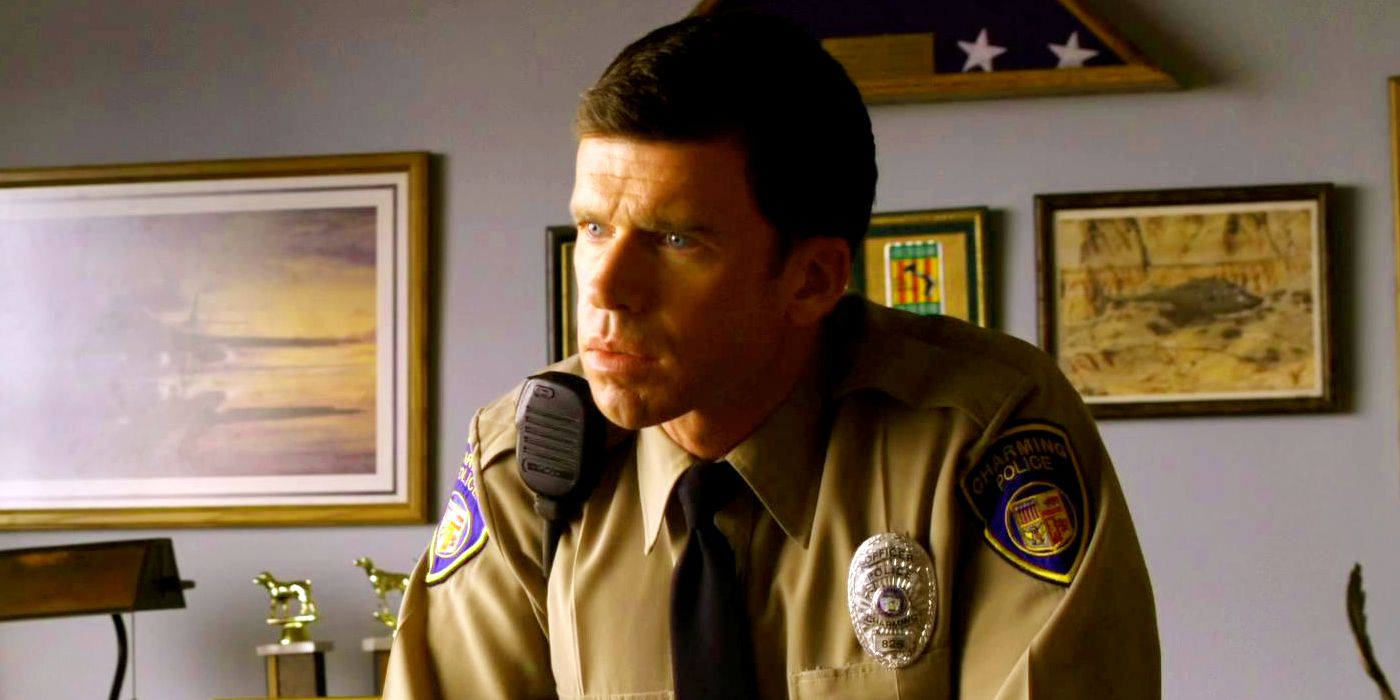
Conclusion: A Testament to Storytelling and Personal Truth
Taylor Sheridan’s journey with “Hell or High Water” illustrates the unpredictable nature of filmmaking, where a simple change in setting can transform a straightforward road movie into a profound cinematic experience. By intertwining his personal experiences and the cultural identity of Texas, Sheridan not only created a film that is compelling and entertaining but also one that is meaningful and reflective of real life.
As Sheridan continues to explore and push the boundaries of genre and narrative, his films remain a testament to the power of storytelling rooted in personal truth. “Hell or High Water” stands as a poignant reminder of how films can transcend their intended genres to touch the hearts and minds of audiences worldwide.
